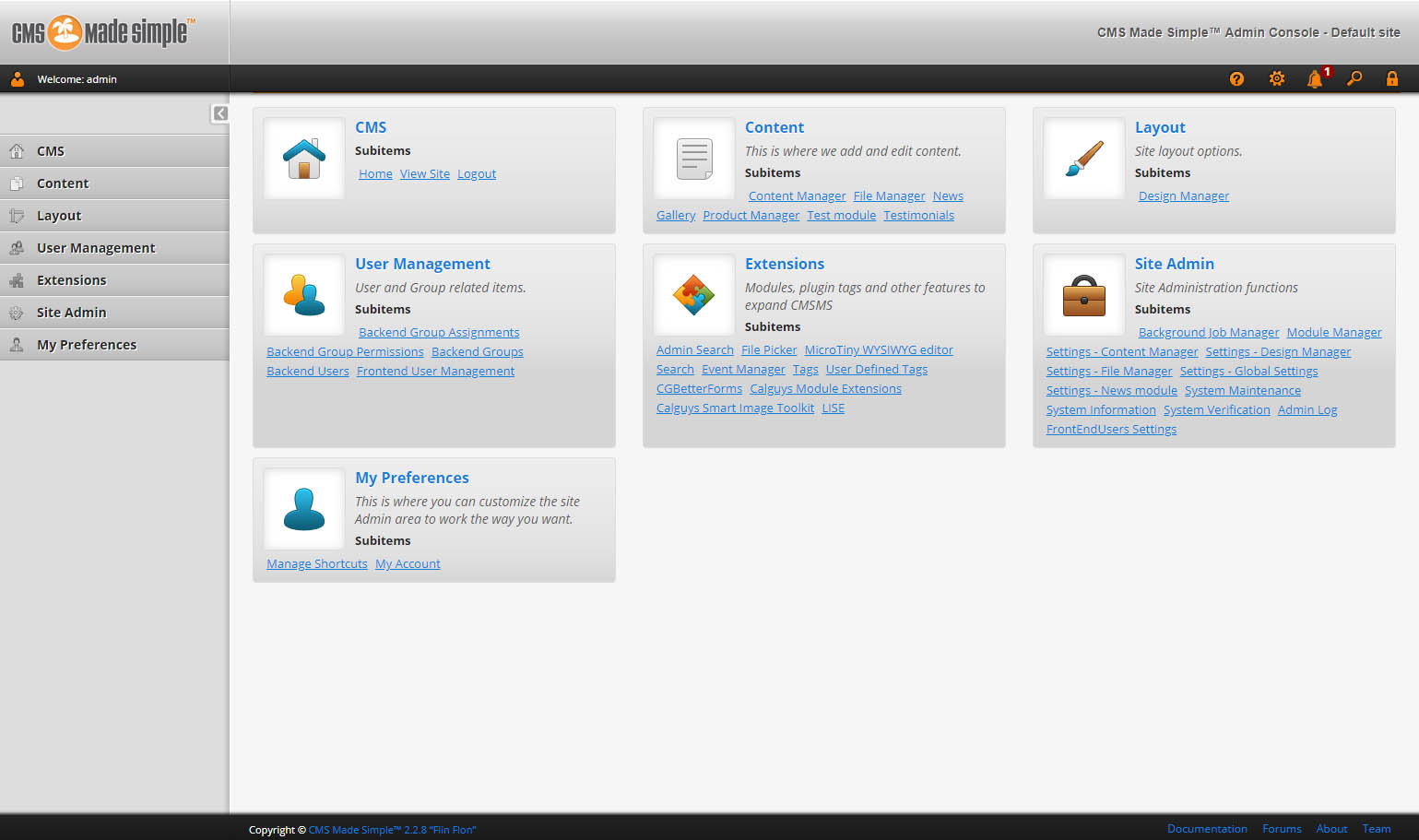 Google has announced a series of updates aimed at ensuring compliance with the European Union’s Digital Markets Act (DMA), which is set to take effect this week. These updates may have a significant impact on businesses, particularly those that rely on Google’s search engine results pages (SERPs) for traffic. However, Google has assured that it worked closely with the European Commission to strike a balance during the implementation of DMA compliance measures.
Google has announced a series of updates aimed at ensuring compliance with the European Union’s Digital Markets Act (DMA), which is set to take effect this week. These updates may have a significant impact on businesses, particularly those that rely on Google’s search engine results pages (SERPs) for traffic. However, Google has assured that it worked closely with the European Commission to strike a balance during the implementation of DMA compliance measures.
One of the key changes to search results is the addition of dedicated units and chips to help users find comparison sites for flights, hotels, and shopping. However, as part of these updates, certain features, such as the Google Flights unit, have been removed from the search results page. This could affect how consumers find businesses and potentially lead to reduced traffic for direct suppliers like hotels and restaurants.
Google also plans to introduce more choice screens based on user research, testing, and industry feedback. These choice screens will be visible when setting up Android phones and will soon be incorporated into Chrome for desktop and iOS devices as well. This move aims to provide users with more options and enhance their overall experience.
In terms of linking Google services, Google is now giving users in the European Economic Area (EEA) the option to decide if they want their data shared across various Google services through linking. Users may also see new consent banners that prompt them to choose whether they wish to link their Google services. This aligns with Google’s EU end-user consent policy and aims to enhance user control over their data.
Furthermore, Google Play is making it easier for app developers to guide users in the EEA to external websites directly from their apps. This allows developers to promote offers and share information outside the app more conveniently, following new guidelines in the DMA.
To prioritize user privacy and protect commercially-sensitive customer information, Google is offering advertisers and publishers in the EEA additional campaign data beyond pricing information. This move is in adherence to the DMA and aims to provide more transparency and insights for advertisers and publishers.
Google is also introducing the Data Portability API for developers in the EEA. This API will facilitate the seamless movement of user data to third-party apps or services, meeting the new requirements imposed by the DMA.
While Google has approached compliance with transparency and meaningful product changes, the company acknowledges that there are concerns. Some rules may reduce the choices available to people and businesses in Europe. However, consistent interpretation and enforcement of these rules across all designated companies will be crucial in ensuring a level playing field for European businesses and consumers.
Looking ahead, Google plans to continue working with the European Commission to offer products and services that are helpful, safe, and compliant to people and businesses in Europe.
Google recognizes that implementing these new rules involves difficult trade-offs that will impact people and businesses using their products. Changes to search results may send more traffic to large intermediaries and aggregators, resulting in less traffic for direct suppliers like hotels, airlines, merchants, and restaurants. Some features developed by Google to help users get things done quickly and securely online may also be affected. However, Google has sought to balance these issues and engage with relevant stakeholders as they implement compliance measures.
These updates from Google mark an important step towards complying with the DMA and ensuring a fair digital market in Europe. Businesses should closely monitor these changes and adapt their strategies accordingly to navigate potential shifts in traffic and consumer behavior.
